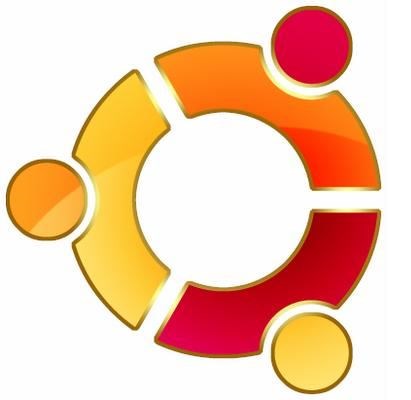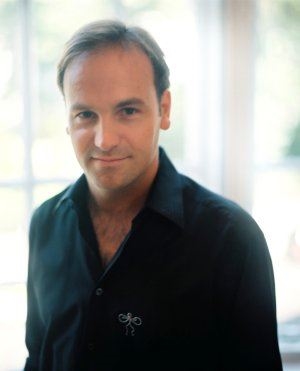What do you think of when you hear the word “free”? Do you think about “free lunch”, “free will” or “freedom”? Well, what I'm about to discuss involves all three of those in some sort of way. Ever since I was a child, I've always been involved with computers. Be it playing little-kid learning games, messing around with web-site programming, watching videos, scanning pictures or even making birthday cards for relatives. I've written reports on the computer, such as this one; I've made slide presentations, looked up information, edited videos for school and entertainment, created DVDs, and even experimented with operating systems.
 |
| The Ubuntu Logo (http://www.linuxnewbieguide.org/) |
Now when I say, “experimented with operating systems”, one might get a puzzled look on their face. They may be thinking “what really is there to experiment with? There are only two huge operating systems out there and they both are very expensive just to toy with. And all that software! Doesn't that cost a bunch of money?” Well, the answer is no and I can explain why in two words: “open source”. Open source is a format of programs, games and even operating systems. Basically what the special thing about them is that anyone can see how they tick and mess with it. For example, if someone tries to look at their Windows computer's system files, they will see a bunch ones and zeros. This is simply because the source is “closed”. Microsoft doesn't want anyone changing or re-distributing their programs, so they hide the source from the user. Now an open source operating system will actually show the functioning code and one is able to change it as they see fit. So there's “free will” and “freedom”. But the interesting part is, no one has to pay a cent for most of the open source programs. Thus, we have “free will”, “freedom” and a “free lunch”. Now back to the operating system. A widely popular open operating system is called “Linux” (GNU/ Linux, if you want to get technical with it). There are many different varieties of Linux because the open source encourages everyone to tinker with it and make it their own. A large portion of internet users use Linux and it is very common in use with web servers. Universities often have a few computers with Linux on them for use with their programming classes, as well. There are large communities online that are willing to support this system and encourage its use. Now that the basics are mentioned, let's talk about a man who developed a widely-popular Linux system called “Ubuntu”.
 |
| Mark Shuttleworth (http://bakercg.com/) |
Mark Shuttleworth, a native of South Africa with a highly successful operation that gains almost thirty-million dollars a year, started out as a child who enjoyed video games growing up. His father was a surgeon and his mother a kindergarten teacher. He was well-educated and graduated with a Business Science degree in Finance and Information Systems. It was at his university where he first experienced the internet and from there, he went on to develop for the Debian Linux operating system. In 2001, he formed the Shuttleworth Foundation which funded free open source software. Years later, in about 2004, Shuttleworth formed Canonical Ltd. There, he made a bigger step in the open source field by producing and distributing a Linux operating system called “Ubuntu”. He based it off of the Debian operating system, since he was familiar with the structure. He was even generous enough to send out free CDs of it to people who applied to receive them (I still have some of mine). On a side note, he also made enough money in the past to board a Russian space shuttle in 2002, becoming the second person in the world to fund their own trip to space. He and Ubuntu are widely recognized on the internet and he is definitely getting his money's worth. As Linux Magazine states: “All told, Canonical’s annual revenue is creeping toward $30 million, Mr. Shuttleworth said. That figure won’t worry Microsoft. But Mr. Shuttleworth contends that $30 million a year is self-sustaining revenue, just what he needs to finance regular Ubuntu updates. And a free operating system that pays for itself, he says, could change how people view and use the software they touch everyday.”
I enjoy experiencing a free operating system that has some neat features, even though there are bugs here and there. I believe that open source may become very popular someday that that many people may want to at least try it out. So, I figure what I can do for the community of people who would like to use Ubuntu, is at least try to help those I can. Maybe even someday come up with my own software for it! There are endless possibilities of what one can do in the open source field. But, of course, you need time, patience and not to mention food on the table to do so. So until I get that figured out, I will use the little time I do have to help people with the Linux system as Mark Shuttleworth did his best to make a more user friendly operating system to give me a taste of a “free” computer.
Page created on 9/29/2009 9:09:54 AM
Last edited 9/29/2009 9:09:54 AM
Biographical Information obtained in part from: http://www.markshuttleworth.com/
Information on the Ubuntu operating system obtained from: http://www.ubuntu.com/
